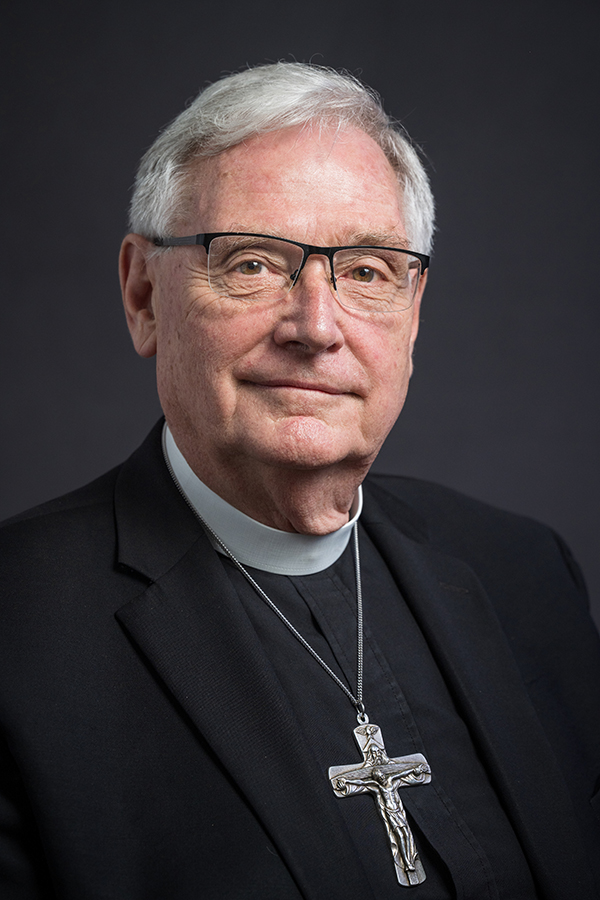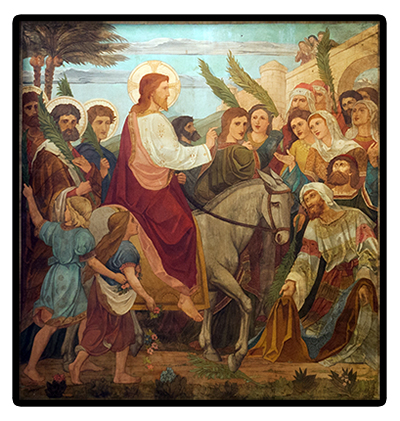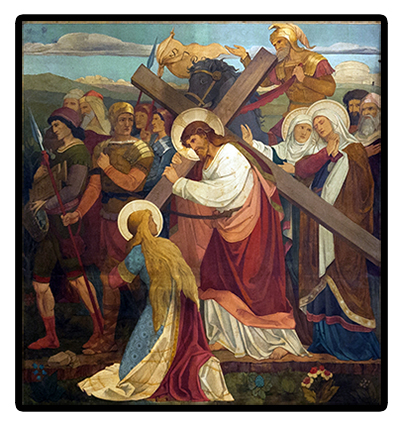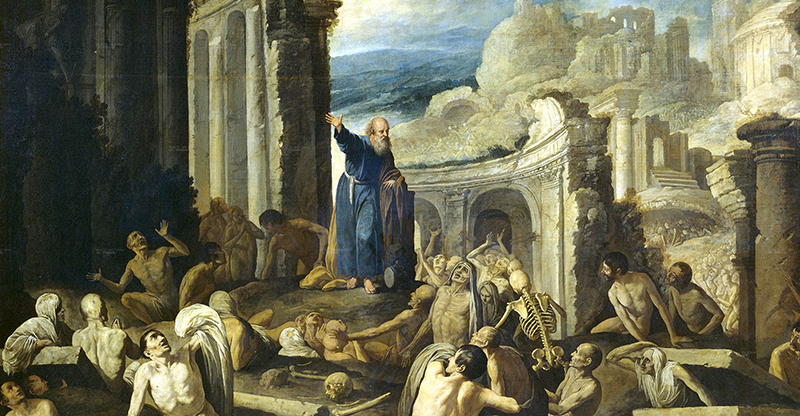
WORLD – Rev. Dr. Timothy C.J. Quill has announced his decision to step down as General Secretary of the International Lutheran Council (ILC).
“We all feel deep gratitude and appreciation for Dr. Quill’s leadership over the past four years,” said ILC Chairman Juhana Pohjola. “He has an unwavering commitment of service to the Gospel of Christ Jesus and His Church. Dr. Quill’s long experience teaching Lutheran doctrine and our liturgical heritage in Lutheran church bodies across five continents, his passion to grow the ILC, and his warm and joyful personality have all been a great blessing to us. We thank our Lord for our dear brother and his faithful service.”
Dr. Quill was appointed General Secretary by the ILC’s Board of Directors during meetings in Baguio City, Philippines in 2019. His tenure over the past four years has seen the ILC continue to grow as an important voice for confessional Lutheranism on the world stage. Activities which took place during Dr. Quill’s tenure as General Secretary include the development of the ILC’s Accreditation Agency; the graduation of the first students from the ILC’s Lutheran Leadership Development Program; major activities in defense of religious liberty; the authorization of continued dialogue with Roman Catholics on the international level; and the 2022 World Conference in Kenya.
“I want to express my sincere thanks to the International Lutheran Council for allowing me to serve our Lord as General Secretary of this marvelous confessional Lutheran association,” Dr. Quill writes in a farewell letter to the ILC’s Board of Directors. “You will always be in my thoughts and prayers.”
Dr. Quill notified members of the Board of Directors earlier this year of his intention to retire from service as General Secretary. He explains in his letter that he accepted the position with the intention of helping the ILC through a significant transitional period, a period he anticipated would take about three years.
“Where has the time gone?” he writes. “As I write this letter, my tenure with the ILC is one month short of four years. I still consider it a joy and privilege to serve as General Secretary. However, it is time for me to step aside and for a new General Secretary to be appointed.”
Dr. Quill goes on to thank ILC staff and members of the Board of Directors, both for their assistance to him personally and for the work they undertake on behalf of confessional Lutherans worldwide.
The International Lutheran Council will formally announce Dr. Quill’s successor in the next few days, and the new General Secretary will be installed during ILC anniversary celebrations in Wittenberg, Germany on October 14.
———————



